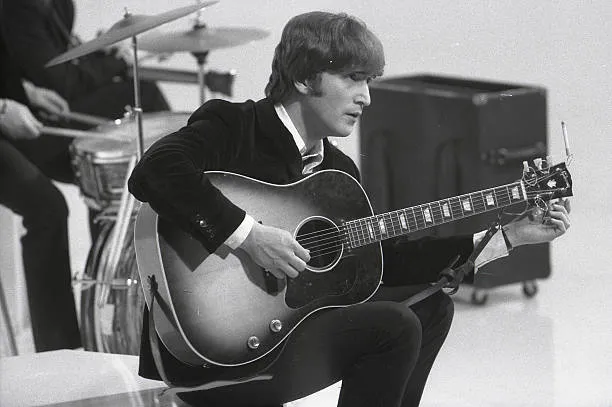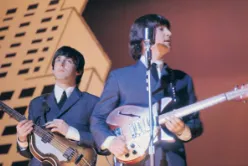Eric Clapton's rendition of "Motherless Child" is a profound interpretation of a traditional spiritual that resonates deeply with themes of sorrow, loss, and yearning. Clapton, renowned for his expressive guitar work and soulful voice, brings a unique depth to this historical piece, making it relevant and touching for modern listeners while respecting its rich cultural heritage.
![]()
"Motherless Child," also known as "Sometimes I Feel Like a Motherless Child," has its roots in the African American spirituals of the 19th century. It was a song born out of the brutal experiences of enslaved African Americans, capturing the profound sense of separation and longing for freedom and family. The song’s plaintive melody and poignant lyrics reflect the heartache of those who were forcibly removed from their families and subjected to lives of hardship and oppression.
Eric Clapton's version of "Motherless Child" appears on his 1994 album "From the Cradle," which is a collection of blues standards and covers that highlight Clapton's deep connection to the genre. This album marked a return to his blues roots, showcasing his respect for the music that influenced his career. Clapton's rendition of "Motherless Child" stands out as one of the most emotionally charged tracks on the album.
![]()
Clapton’s arrangement of "Motherless Child" is both minimalistic and powerful. It features his soulful guitar playing and raw vocal delivery, emphasizing the song's emotional core. The track begins with a slow, melancholic guitar intro, immediately setting a somber tone. Clapton’s guitar work on this track is a testament to his mastery of the instrument, using subtle nuances and expressive phrasing to convey deep emotion.
The vocal performance by Clapton is particularly striking. His voice, worn and imbued with a sense of vulnerability, perfectly suits the song's themes of abandonment and longing. The simplicity of the arrangement, focusing primarily on Clapton’s guitar and vocals, allows the listener to fully absorb the emotional weight of the lyrics. Lines such as "Sometimes I feel like a motherless child / A long way from home" are delivered with a poignant intensity that brings the listener into the heart of the song’s sorrow.
![]()
"Motherless Child" has always been a song about more than just personal loss; it is a reflection of a collective experience of suffering and resilience. Clapton’s interpretation respects this historical context, adding his personal touch while honoring the song's origins. His version is not just a cover but a continuation of the tradition of using music to express and cope with deep emotional pain.
Including "Motherless Child" on "From the Cradle" also underscores Clapton's commitment to the blues and its historical significance. By bringing his version to a new audience, Clapton helps preserve the song’s legacy and ensures that its powerful message continues to be heard. His performance bridges the past and the present, showing that the themes of "Motherless Child" are timeless and universal.
![]()
The historical significance of "Motherless Child" adds profound layers of meaning to Clapton's rendition. The song's roots in the experiences of enslaved people highlight its role as a powerful expression of the human spirit's endurance and resilience. Clapton’s version, while deeply personal, also serves as a reminder of the broader struggles and triumphs represented in the blues.
![]()
In summary, Eric Clapton's rendition of "Motherless Child" is a deeply moving interpretation of a traditional spiritual that continues to resonate with contemporary audiences. Through his emotive guitar work and soulful vocal delivery, Clapton brings new life to this timeless piece, honoring its historical roots while making it uniquely his own. The track is a powerful testament to Clapton’s ability to convey profound emotion through his music and his deep connection to the blues tradition.







-1718355917-q80.webp)
